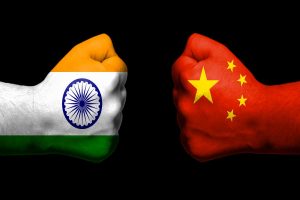The Ad-Hoc Division of the Court of Arbitration for Sport (CAS) has dismissed the petition filed by Indian wrestler Vinesh Phogat against her disqualification from women’s 50kg final of the Paris Olympic Games. The Indian Olympic Association (IOA) President Dr. PT Usha has expressed her shock and disappointment at the decision of the Sole Arbitrator of CAS to dismiss Phogat’s application against the United World Wrestling (UWW) and the International Olympic Committee (IOC).
The operative part of the August 14 decision, which dismisses Vinesh’s application to be awarded a shared silver medal women’s 50 kg category at the Paris Olympic Games 2024, has significant implications for her in particular and the sporting community at large.
The marginal discrepancy of 100 gm and the resultant consequences have a profound impact, not only in terms of Vinesh’s career but also raises serious questions about ambiguous rules and their interpretation.
“The IOA firmly believes that the total disqualification of an athlete for such a weight infraction on the second of two days warrants a deeper examination. Our legal representatives had duly brought this out in their submissions before the Sole Arbitrator,” said Usha in her statement.
“The matter involving Vinesh highlights the stringent and, arguably, inhumane regulations that fail to account for the physiological and psychological stresses athletes, particularly female athletes, undergo. It is a stark reminder of the need for more equitable and reasonable standards that prioritize athletes’ well-being,” the IOA statement said.
“In light of the order of the CAS, the IOA continues to stand in full support of Ms. Phogat and is exploring further legal options. The IOA is committed to ensuring that Vinesh’s case is heard. It will continue to advocate justice and fairness in sports, ensuring that the rights and dignity of athletes and everyone in the sports fold are upheld at all times,” it said.
“We appreciate the continued support and understanding of our stakeholders, athletes, and the public,” said the IOA.












